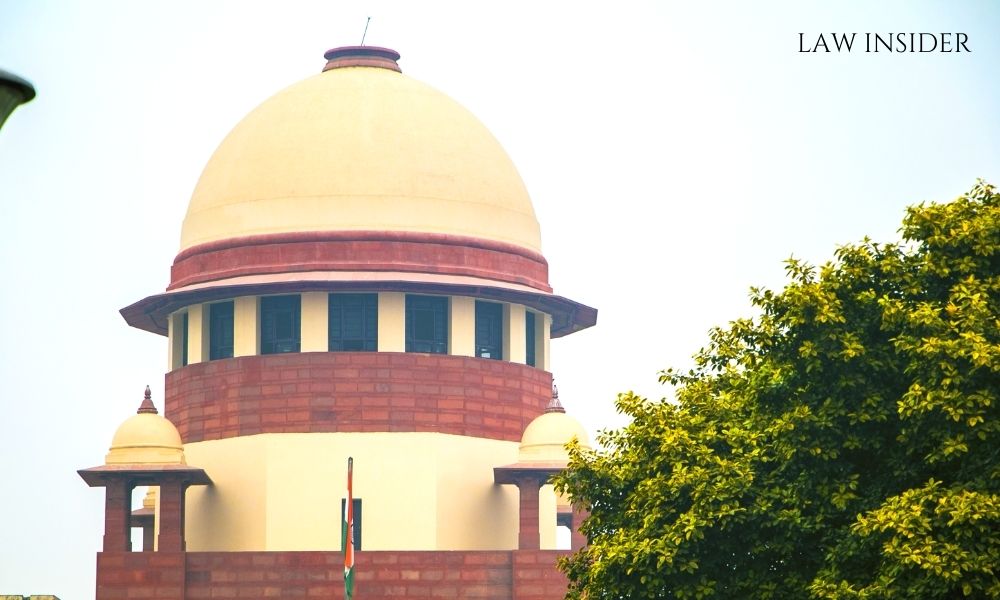LI Network
Published on: October 8, 2023 at 14:11 IST
The Supreme Court has ruled that a Magistrate can dismiss a defamation complaint by applying the exceptions under Section 499 of the Indian Penal Code, 1860, even before summoning the accused.
The court emphasized the importance of preventing frivolous complaints from triggering unnecessary trials and stated that it is the duty of the Magistrate to prevent such cases from consuming precious judicial time.
In a recent case, a defamation complaint was filed against a Germany-based manufacturer of fire safety equipment by the Indian associate of another company. The complaint alleged defamation based on letters sent to various authorities, alleging irregularities in a tender process.
The Trial Court found a prima facie case and issued summons, which was challenged before the High Court and eventually reached the Supreme Court.
The Supreme Court addressed two main legal questions in this matter:
1. Whether a Magistrate, when considering a defamation complaint, can apply judicial mind to the exceptions under Section 499, IPC, and dismiss the complaint based on insufficient grounds for proceeding even before summoning the accused.
The court clarified that while the Magistrate must form an opinion based on the complaint and other materials about whether there are sufficient grounds for proceeding, this determination is distinct from determining sufficient grounds for conviction. It is not necessary for the Magistrate to consider the exceptions under Section 499, but there is no legal bar against doing so. If the complaint, statements on oath, and supporting evidence reveal a complete defense under any of the exceptions, the Magistrate, upon due application of judicial mind, can dismiss the complaint with reasons.
2. Whether High Courts can use their inherent power under Section 482, CrPC, to quash defamation proceedings by setting aside summoning orders based on the exceptions to Section 499, IPC.
The Supreme Court clarified that High Courts cannot expand the scope of inquiry beyond what the Magistrate could do if the accused relies on materials that were not before the Magistrate. However, the High Courts can interfere if, upon reviewing the complaint, statements on oath, and documentary evidence, they find that no offense is made out, and allowing the proceedings to continue would amount to an abuse of legal process.
The Supreme Court dismissed the appeal in this case based on the legal observations and merits.
Case Title: M/S Iveco Magirus Brandschutztechnik Gmbh V. Nirmal Kishore Bhartiya & Anr

